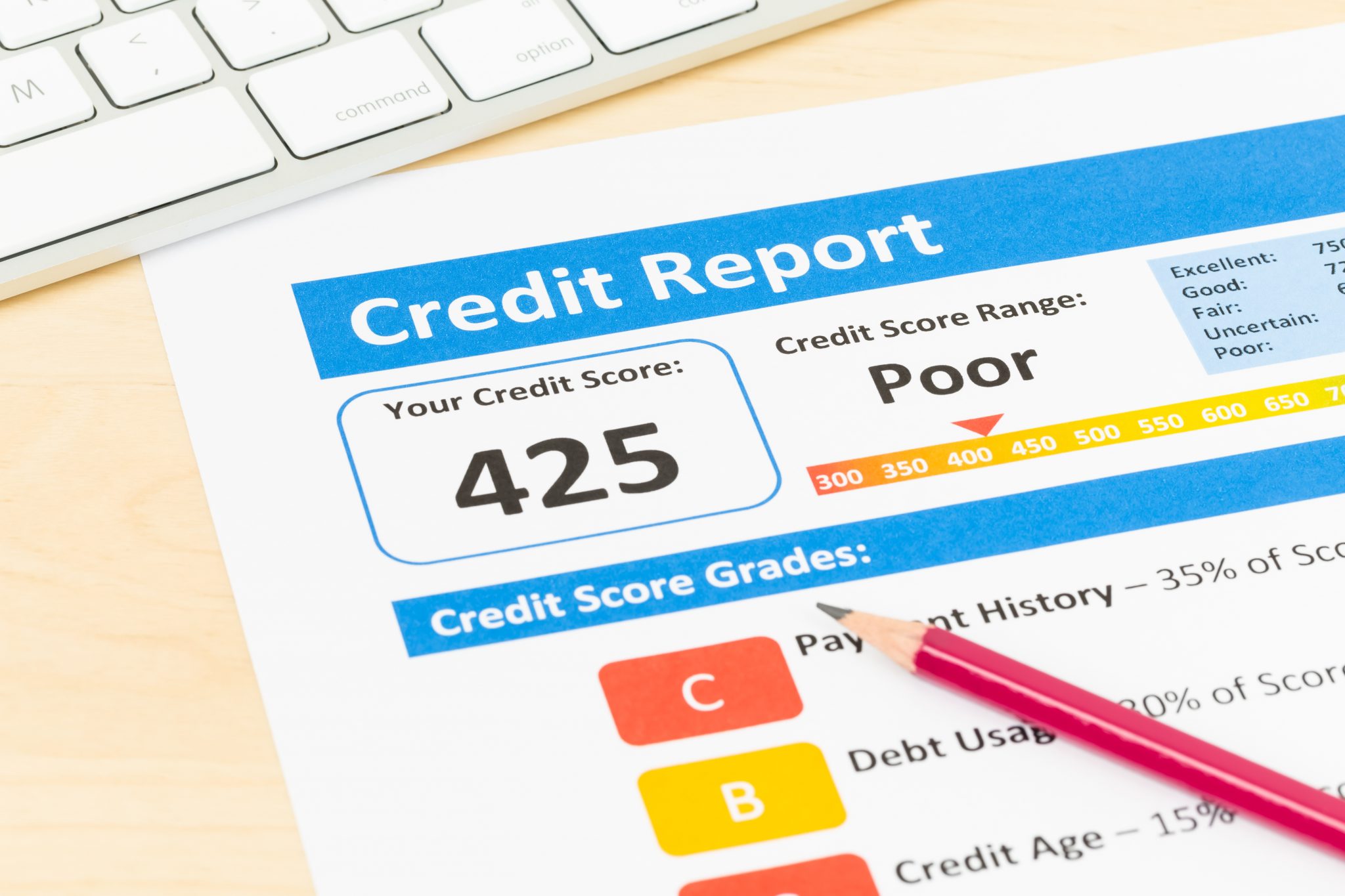Everyone has a credit score. Whether we have used one store card, or we regularly juggle credit card payments, our ability to manage money is tracked
Everyone has a credit score. Whether we have used one store card, or we regularly juggle credit card payments, our ability to manage money is tracked and can come back to save us or bite us later. In the same way that people are judged for their creditworthiness with their credit score based on previous borrowing and financial management, businesses are also judged on their creditworthiness. There are ways to improve your personal credit score – so, is there a way to improve your business credit score?
What Can Creditworthiness Do for a Business?
Strong creditworthiness for a business can help attain funding when it comes to expansion. The creditworthiness reduces the risk that the lender would take on and gives the lender confidence that they will have their money back or their investment will pay off. A business credit card requires good creditworthiness, for instance, as it is an example of unsecured lending. For most types of unsecured lending, there are stringent rules and limits to ensure that the money can be paid back by a successful business.
What Can Affect Creditworthiness?
There are many issues that can affect a business’s creditworthiness. These range from payment history (were any late?), amount still owed, the duration of credit history (has it just been an attempt to improve the credit rating?), credit on hand, and the types of credit previously obtained.
Late payments are the biggest factor to have a negative impact on creditworthiness. Often, these late payments aren’t symptomatic of an ailing business but can be administrative errors. Ensuring you always pay on time is key to building the foundations of a good credit score. Administrative errors by the banks could also lead to a poor rating, so it’s important to always check thoroughly to ensure all is correct.

Cash flow issues are also often responsible for negative creditworthiness. Being able to prove that cash flow is healthy and that you are in the green can help prove your ability to repay what you owe on time and to reduce the risk for the lender. Additionally, being able to show that you have multiple methods of cash flow – perhaps different income streams or products – is also a signifier that if anything happened to prevent one product’s sales, the others would keep your cash flow healthy.
Your customers/clients also have a bearing on your creditworthiness. If they are late paying you – for instance, if you’re a freelancer or provide project-based work – then this will have an effect on your cash flow. So, ensuring you have open communications with those who pay you is the best remedy to make sure you have the funds when the time comes.
Business creditworthiness, especially when there’s a lot to think about, might be overlooked. But it can be incredibly important when it comes to expanding your business or asking for further investment. It’s important to be able to prove that you are a low risk when it comes to borrowing money, especially with unsecured lending when you provide no collateral.



















































































































COMMENTS